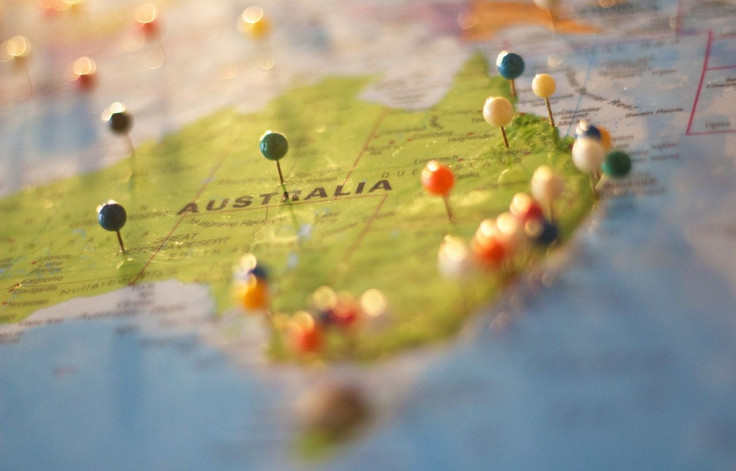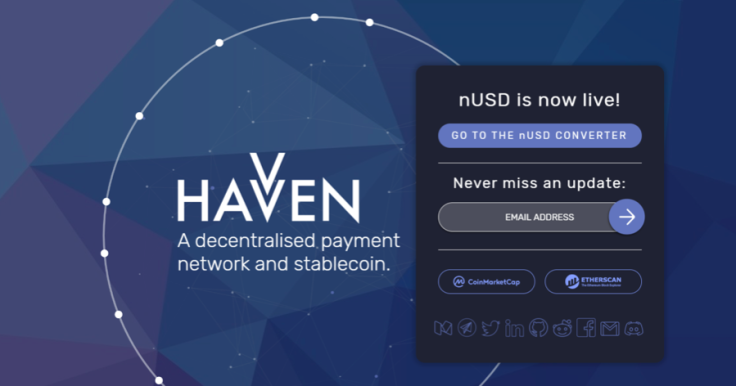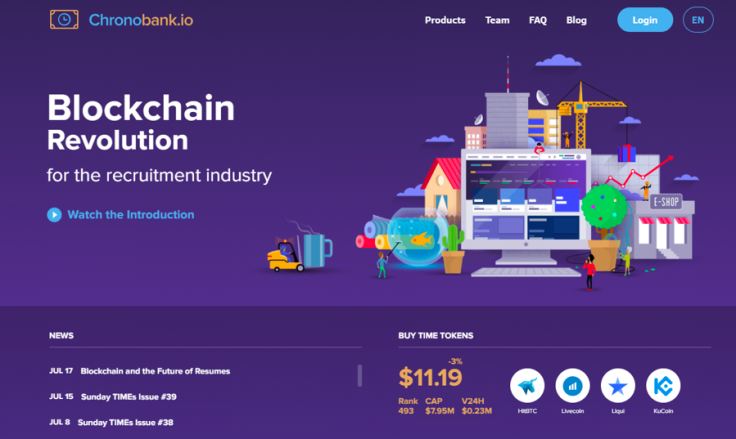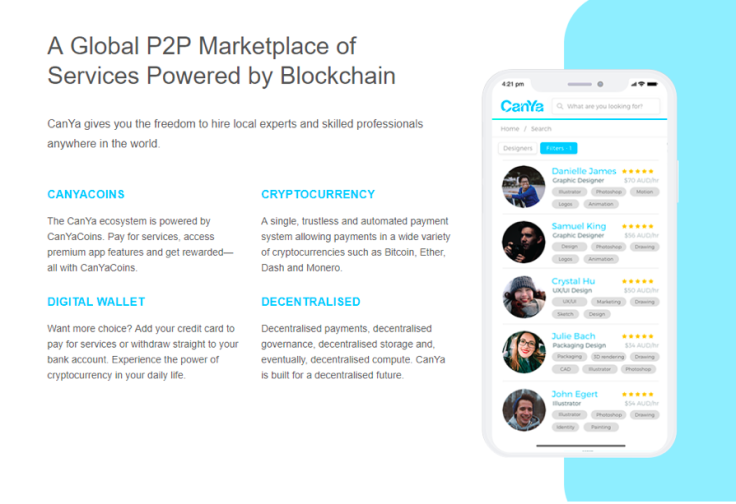Leading the Charge: 5 Australian blockchain startups that managed to raise big

When it comes to the world of cryptocurrencies, some notable regions tend to gain more attention from investors than others.
Between the American, Asian, and European markets, it can be difficult for blockchain-based projects from outside the regions to gain mainstream attention. However, after initial coin offerings (ICOs) began in Australia last year, more blockchain-based startups are raising funding to disrupt the global economy.
Here are 5 of the high-profile ones every investor should know about from the land down under.
Havven

As one of the most successful ICOs to come from Australia, Havven is likely already known by many in the cryptocurrency industry. The Sydney-based blockchain startup raised an impressive $30 million in their ICO and sold out some 90 minutes after the official token sale went live. The majority of their funding came from a pre-sale Expression of Interest (EOI) period where the startup received $26 million, followed by an additional $4 million after the official sale.
Havven’s project is working on solving one of the largest pain points in the cryptocurrency industry: stability. By proposing a solution to the concern of price fluctuation in the cryptocurrency world, Havven was able to gain enough attention, and funding, to lead one of the most successful Australian ICOs to date.
ShareRing
A newer blockchain project to the world of Australian ICOs, ShareRing has just completed their round of seed funding for a total of $3.8 million in just 6 weeks. The recent round of capital raising closed before launching an ambitious ICO that closed at the beginning of July. Details from the ICO haven’t been released yet, but they’re likely to be promising after the amount of interest in the project’s pre-sale funding.
ShareRing is building a network that’s using blockchain technology to streamline and decentralize the “sharing economy.” ShareRing is building a platform with one unified currency that can be purchased with any native currency to ease transactions in the global sharing market. The platform is designed to be a one-stop for everything in the sharing economy as a blockchain-based version of AirBnB, Uber, Lyft, and other centralized sharing platforms.
Chronobank

Holding the accolade of being the first Australian ICO, Chronobank is certainly worth noting. The Chronobank team raised $5.4 million in funding at the completion of the ICO. However, the $5.4 million number is what was raised at the time of the completed ICO in February 2017 when bitcoin was trading around the $1,000 mark. In today’s numbers, the amount raised in the ICO is considerably higher, closer to the $100 million mark.
Chronobank introduced the concept of labor-backed tokens by taking the “gig economy” and tokenizing it. Creating a decentralized network similar to centralized platform like Upwork, Uber, and other labor-sharing platforms, Chronobank brought blockchain to the labor industry by facilitating a decentralized workforce.
Power Ledger
Another early adopter in the Australian ICO market, Power Ledger comes close after Chronobank and was the first ICO held under Australian jurisdiction. The company successfully raised an impressive $34 million in funding after the completion of its ICO. Like Chronobank, the figure they raised was in 2017, so the $34 million raised at the time is closer to double the value in today’s cryptocurrency prices.
Power Ledger took blockchain to the green initiative by creating a marketplace for the buying and selling of unused solar energy. User with solar panels can often end up with additional power that they won’t be able to consumer or need to consume. Rather than letting the power go to waste, Power Ledger offers users a way to capitalize on their excess generated power by trading it for POWR tokens.
CanYa

Another name many will likely recognize in the world of Australian ICOs, CanYa ran a successful ICO that raised $12 million in December of 2017 (worth less than that now given current market rates). Even with the decline of bitcoin and ether in pricing, CanYa completely a largely successful ICO and raised a significant amount of money.
Like other projects in the blockchain world, CanYa is working on a platform focused on decentralized solutions for the modern economy. CanYa got its start as a freelance marketplace where freelancers could get paid in cryptocurrencies for their work. Now, CanYa is taking that the next level by creating a marketplace of their own with their own coin.
Regulatory Status of ICOs in Australia
Compared to regulation from other countries when it comes to ICOs, Australia has exhibited a more positive approach to the industry. The Australian Securities and Investments Commission (ASIC) has issued clarifications on the nature of ICOs and cryptocurrencies more broadly to Australian citizens. Unlike other nations that lack proper guidance or clarification on the legal status of ICOs, the ASIC has been significantly clearer. According to the ASIC: “A range of ICOs and crypto-assets are available in Australia. The laws applicable to a crypto-asset or ICO may differ depending on whether the crypto-asset or ICO is (or is not) a financial product.”
For Australians, a major concern from the ASIC is protecting investors and cracking down on “misleading or deceptive conduct” from the parties responsible for leading an ICO. Contrary to countries like the United States, Australian citizens are able to openly participate in token offerings and sales; however, Australian-based projects still have to account for foreign investors. In most cases, Australian ICOs will prevent both American and Chinese mainstreet investors from participating in the sale. Australian investors, on the other hand, maintain a significant amount of freedom in the world of blockchain investments.




















